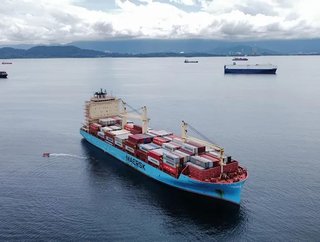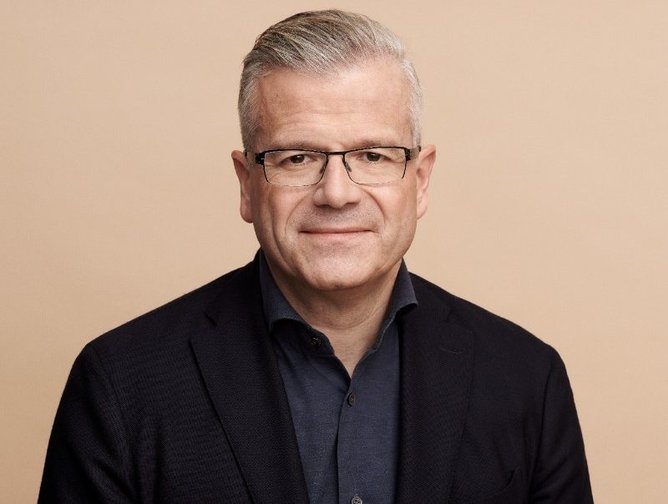Maersk leads way on cleaner fuels in sea shipping

It is a much touted fact that the shipping industry accounts for around 3% of global greenhouse gas emissions.
Shipping is, of course, essential for global trade, and that demand is only increasing. Add in additional distances travelled due to disruption in the Red Sea – impacting the Suez Canal shorter route with ships instead having to take the 30% longer trip around Africa – and the need to decarbonise is clear.
The International Maritime Organization (IMO) has implemented a Strategy on Reduction of GHG Emissions from Ships, with enhanced targets to tackle emissions.
This includes an ambition to reach net-zero GHG emissions from international shipping ‘close’ to 2050. Part of this is a push for alternative fuels, with a target of between 5% and 10% of energy used by international shipping by 2030.
AP Moller-Maersk Recognised by Science-Based Targets Inititative
Integrated logistics company AP Moller-Maersk is leading the way, as it aims to reach net zero emissions by 2040 with the help of new technologies, new vessels, and green fuels.
Now the Danish company has become the first shipping company to be recognised by the Science-Based Targets initiative (SBTi) for its decarbonisation goals.
Maersk has bold targets, including a 35% reduction in Scope 1 emissions by 2030. The 2040 target aims for a 96% reduction in Scope 1 and 2 emissions, plus cutting Scope 3 emissions by 90%.
A key part of that roadmap is the introduction of methanol-fuelled container ships,with its first (named Ane Maersk) launched in 2023. In total 18 of these vessels will be delivered by 2025.
“This series of vessels will have a transformative impact on our ambition to progress on our industry-leading climate ambitions,” said Vincent Clerc, CEO of A.P. Moller-Maersk.
“It is a visual and operational proof of our commitment to a more sustainable industry. With Ane Mærsk and her sister vessels, we are expanding our offer to the growing number of businesses aiming to reduce emissions from their supply chains.”
The Ane Maersk is the world’s second methanol-enabled container vessel and was due to began service in February 2024, on the route connecting Asia and Europe, and powered on her maiden voyage by green methanol.

Maersk Expects 2024 Headwinds and Supply Chain Disruption
Maersk delivered solid financials for 2023, with revenue of US$51.1 billion with an EBIT margin of 7.7% impacted by declining freight rates.
The company described 2023 as ‘a transitional year following the extraordinary market boom caused by the pandemic’.
The report also recognised the headwinds the company would face in 2024.
“The current market remains one of robust volumes, but while the Red Sea crisis has caused immediate capacity constraints and a temporary increase in rates, eventually the oversupply in shipping capacity will lead to price pressure and impact our results,” stated the financial report.
Maersk has emphasised the need for resilience in supply chains, and its commitment to sustainability, coupled with a drive towards integrated logistics, should see smooth sailing ahead.
******
Check out the latest edition of Supply Chain Digital and also sign up to our global conference series: Procurement & Supply Chain 2024. Supply Chain Digital is a BizClik brand






